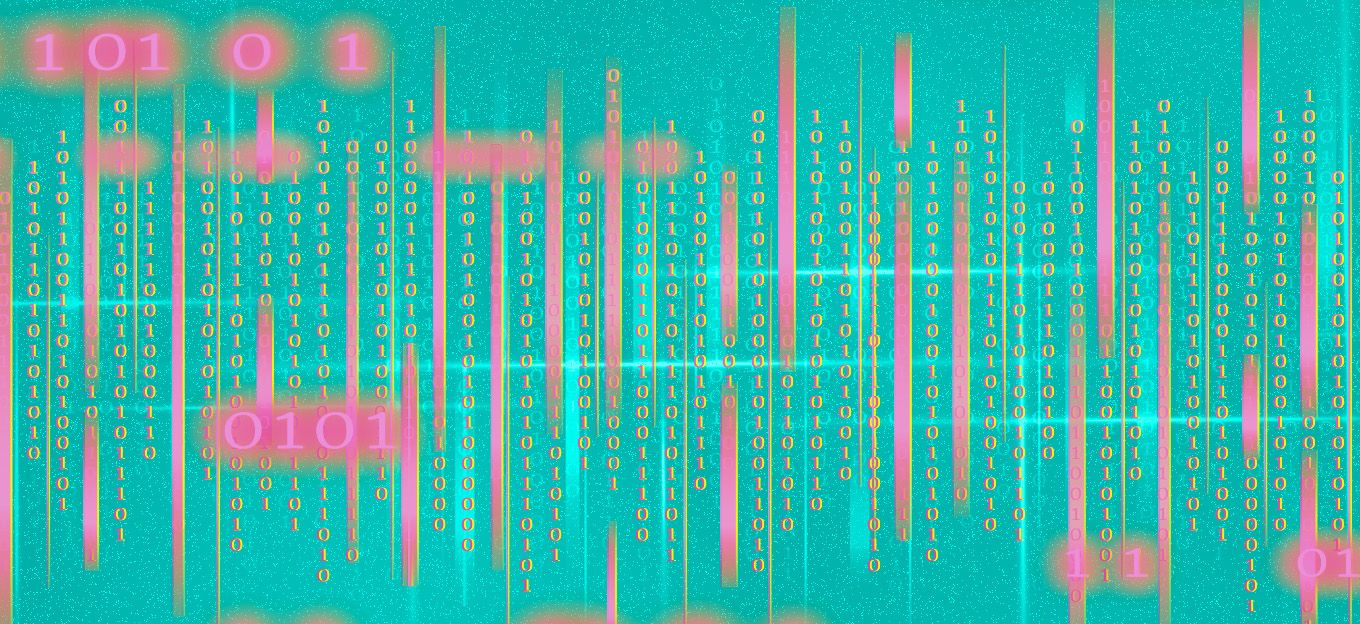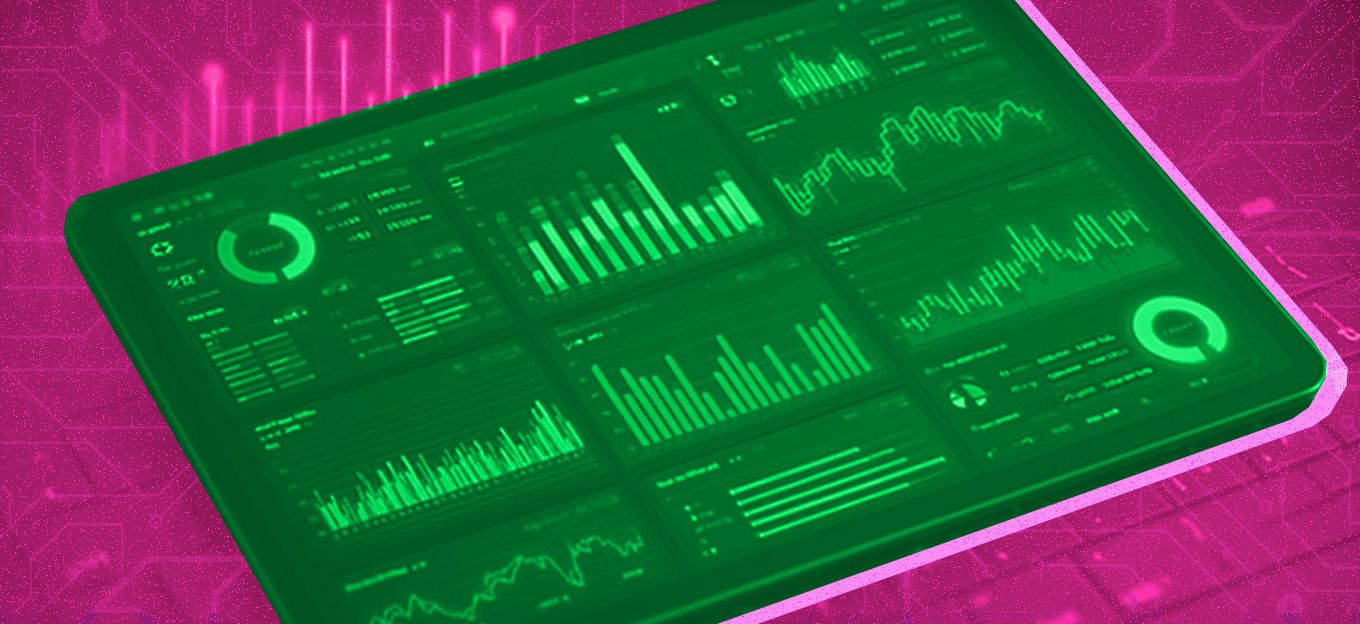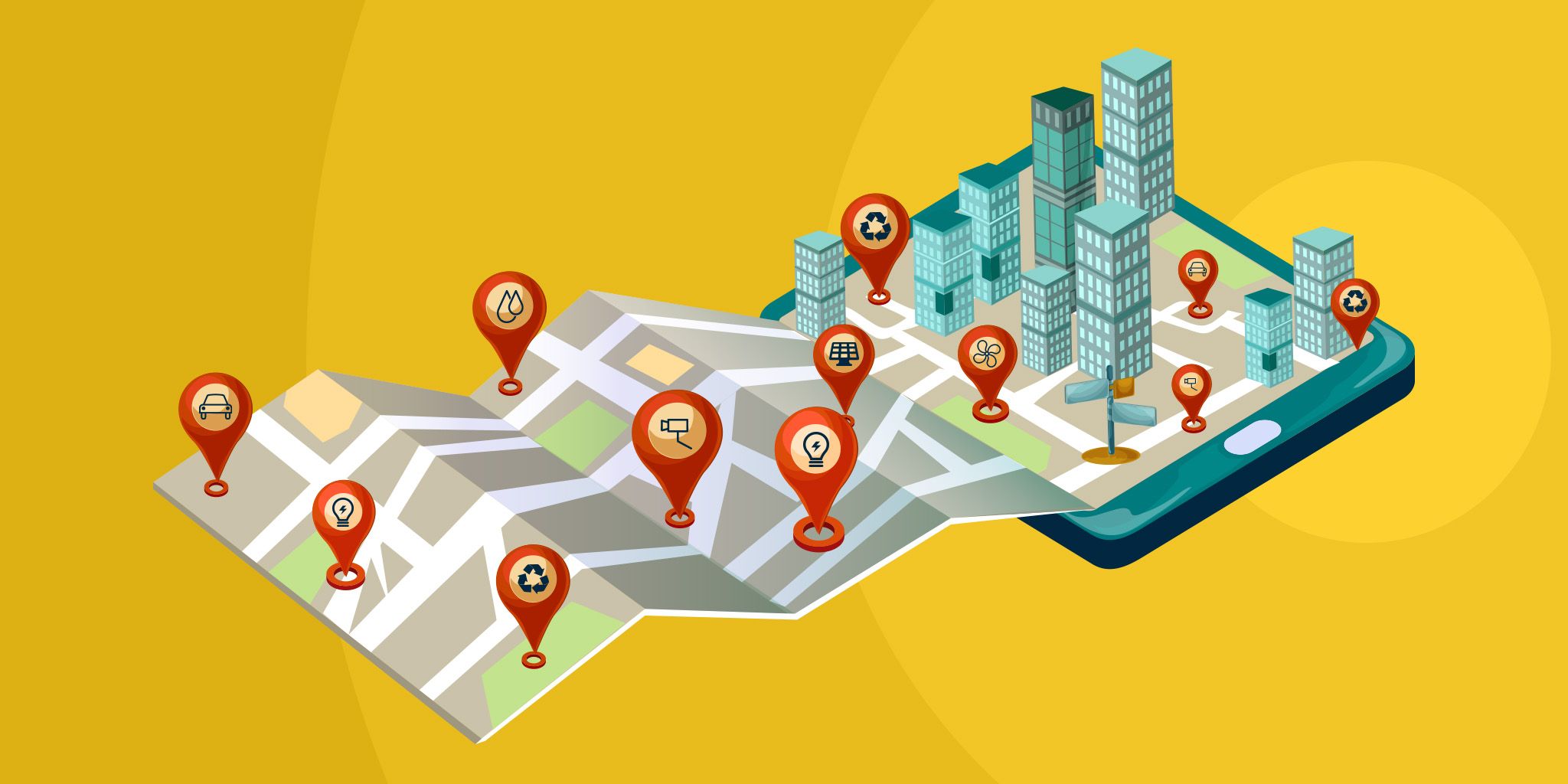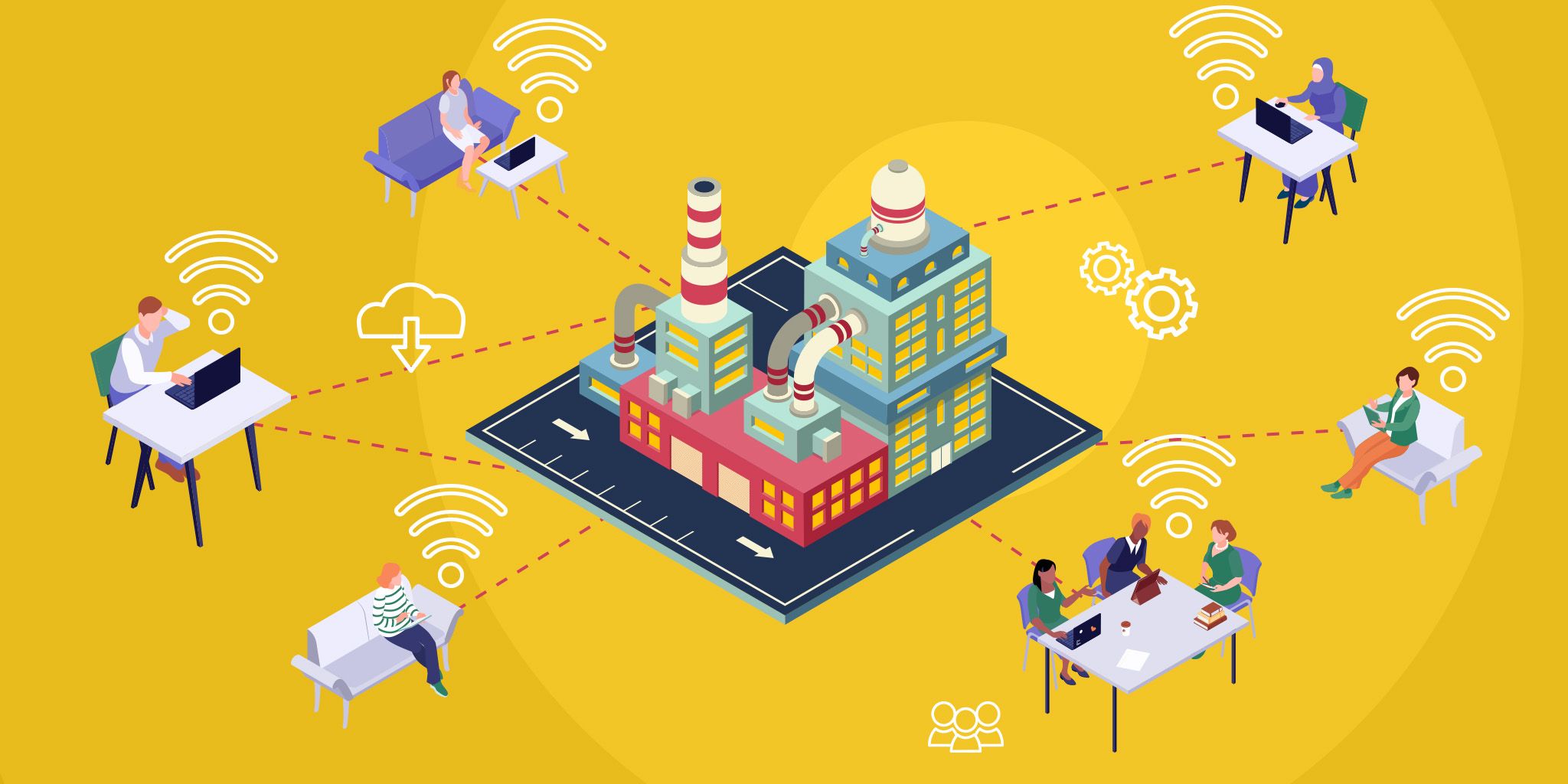Securing Real-Time Data Streams in Smart Cities
Securing Real-Time Data Streams in Smart Cities
- Last Updated: December 2, 2024
Zac Amos
- Last Updated: December 2, 2024



A smart city uses interconnected technologies like sensors, IoT devices, and data networks to improve the efficiency of its operations and services. Collecting and analyzing real-time information through secure data streams can optimize everything from traffic management to energy consumption and public safety.
This metric is crucial because it allows cities to respond quickly to changing conditions, make informed decisions, and use resources efficiently. Live updates help create a more responsive, sustainable, and livable environment for everyone.
The Importance of Real-Time Data in Smart Cities
Real-time data is the backbone of smart cities because it drives innovation and efficiency across urban landscapes. This information enables cities to function seamlessly and adapt to citizens' ever-changing needs, from improving public services to enhancing sustainability.
- Urban planning: Updated data allows city planners to monitor traffic patterns, environmental conditions, and public services. In fact, 70% of the world’s population will live in cities by 2050. This approach helps governments make informed decisions about welfare and development.
- Public safety: Smart city technologies rely on real-time data for police and emergency response to ensure quick reactions to crises or disruptions.
- Resource management: Cities can monitor energy consumption, water usage, and waste management in real time, which optimizes resource allocation and reduces costs.
- Environmental monitoring: Sensors collect live updates on pollution levels, weather changes, and noise to allow cities to take immediate action and protect the environment.
- Predictive analytics for urban services: Updated metrics in the health care, energy, and transport sectors help cities anticipate future challenges and address them proactively.
Tips for Securing Real-Time Data Streams
As smart cities increasingly rely on live updates, ensuring the security of these data streams becomes vital to protecting urban infrastructure. Here are effective security solutions to safeguard sensitive information and maintain trust in smart city systems.
1. Implement Secure Data Protocols
There were nearly 16 billion IoT connections worldwide in 2023, making secure communication between devices more crucial than ever. For smart cities, ensuring all IoT devices and networks use secure communication protocols minimizes vulnerabilities during knowledge exchange. Without proper procedures, sensitive information can be vulnerable to unauthorized access or breaches. Prioritizing secure communication allows cities to protect their data streams and maintain public trust.
2. Audit Systems Regularly
Frequent security assessments identify and address potential weaknesses in a city’s digital infrastructure. Regularly evaluating systems lets cities stay ahead of emerging threats and fix vulnerabilities before they worsen. This proactive approach helps ensure real-time data streams remain secure and the overall infrastructure is resilient against cyberattacks. Conducting these assessments enhances security and boosts public confidence in the safety and reliability of smart city technologies.
3. Encrypt Data in Transit and at Rest
In 2022, organizations worldwide faced 493 million ransomware attacks, highlighting the urgent need for more robust data protection. Smart cities must implement advanced encryption methods to keep sensitive information safe from interception or unauthorized access during transmission. Encryption ensures the inputs remain unreadable and secure despite hacking attempts. Prioritizing encryption lets cities protect their infrastructure, safeguard citizens’ privacy, and build trust in their technology systems.
4. Segment Access Control
Role-based access control (RBAC) and data stream segmentation keep sensitive information secure in smart cities. With this strategy, only authorized personnel can access critical files, reducing the risk of breaches. Segmenting streams further enhances security by isolating different metric types and ensuring sensitive knowledge is only available to those who need it. These practices strengthen data protection and help smart cities safeguard their systems against breaches.
5. Monitor Threats in Real Time
Experts project the AI market to reach $407 billion by 2027, and smart cities can capitalize on this growth by deploying AI-powered threat detection systems. These tools monitor real-time data and respond instantly to suspicious activity to help prevent breaches. Integrating AI helps cities stay ahead of emerging threats and protect their infrastructure. It enhances security and ensures smart cities can keep up with the rapid pace of technological change.
6. Backup Systems
Only 41% of companies back up their IT components daily, which puts many at risk of losing valuable inputs. Smart cities must regularly back up real-time data streams and have a disaster recovery plan to minimize the impact of potential breaches. These practices help safeguard critical information and allow cities to recover quickly from cyberattacks or system failures. Prioritizing backups and recovery strategies can protect city infrastructure and maintain seamless operations.
7. Anonymize Citizen Data
Smart cities must prioritize protecting citizens’ personal information. Anonymizing is one of the most effective ways. This strategy minimizes the risk of individuals being identified within the data process and ensures sensitive knowledge remains private. It also enhances security and helps cities comply with privacy regulations like the U.S. Privacy Act, which requires strict intelligence protection standards. Smart cities can implement anonymization to confidently use metrics to improve urban life while safeguarding the privacy and trust of citizens.
Securing the Future of Smart Cities Through Data Privacy
Data security is essential for smart city projects' long-term success and trustworthiness because it safeguards sensitive information and maintains public confidence. Adopting these security tips can protect infrastructure and ensure smooth operations and continued innovation for the future.
The Most Comprehensive IoT Newsletter for Enterprises
Showcasing the highest-quality content, resources, news, and insights from the world of the Internet of Things. Subscribe to remain informed and up-to-date.
New Podcast Episode

What is Hybrid Connectivity for IoT?
Related Articles





